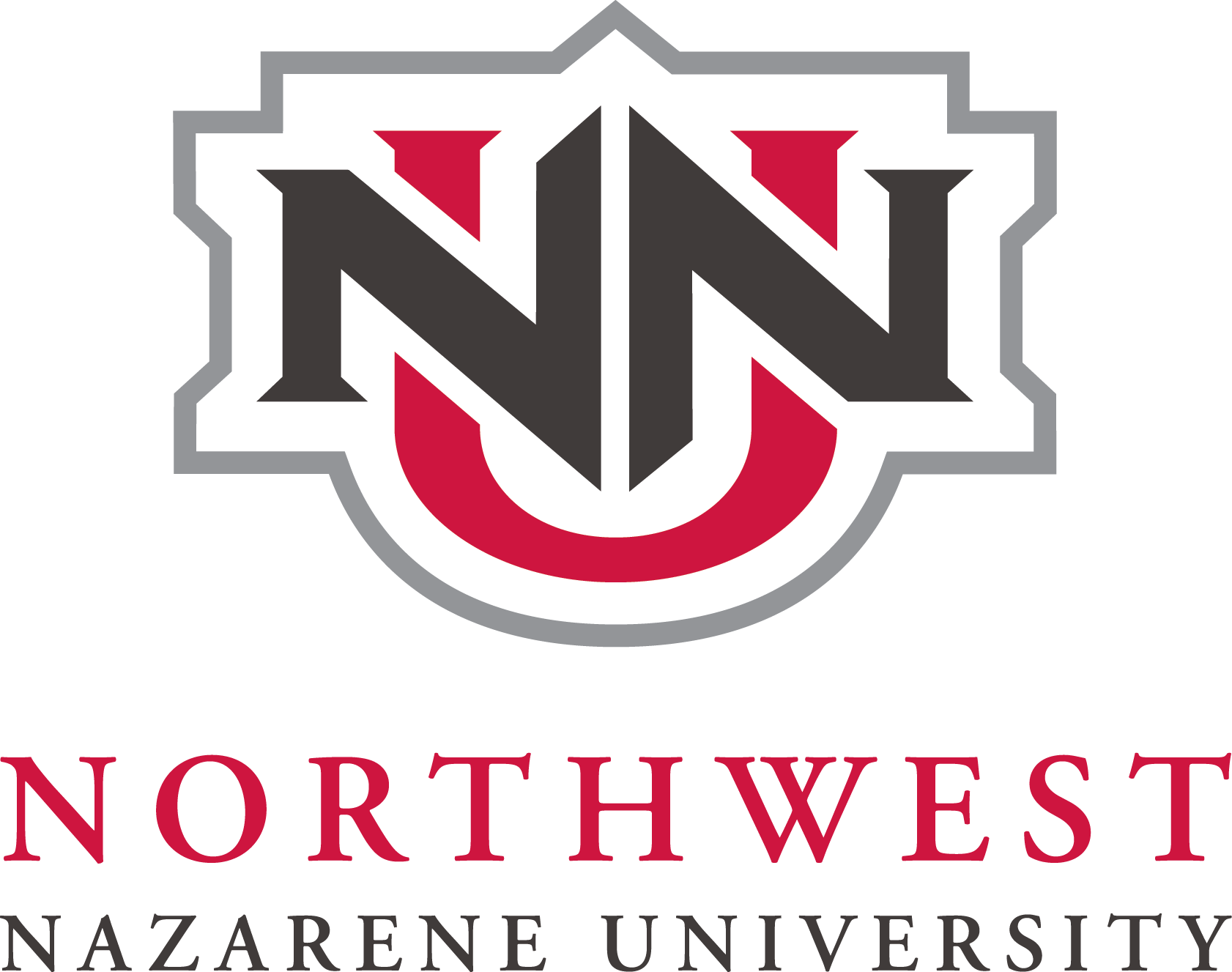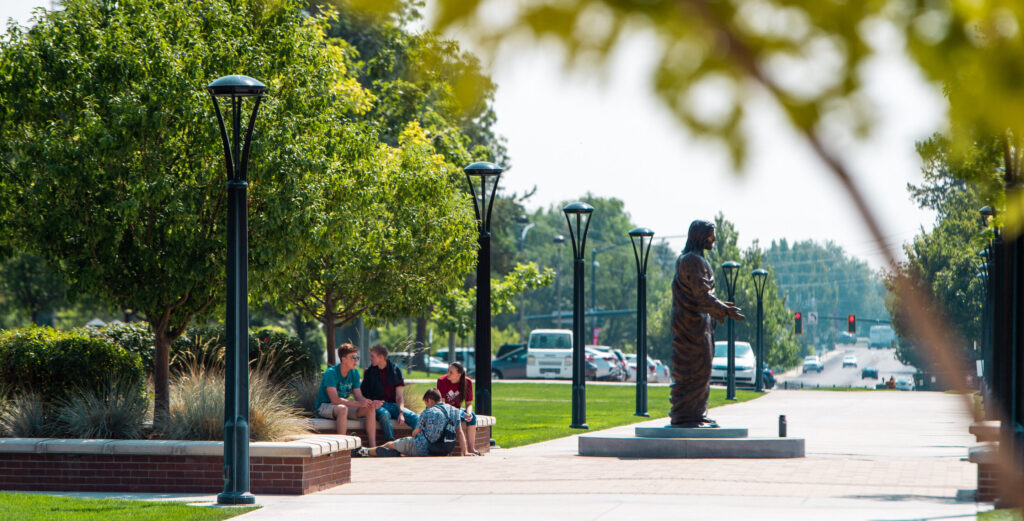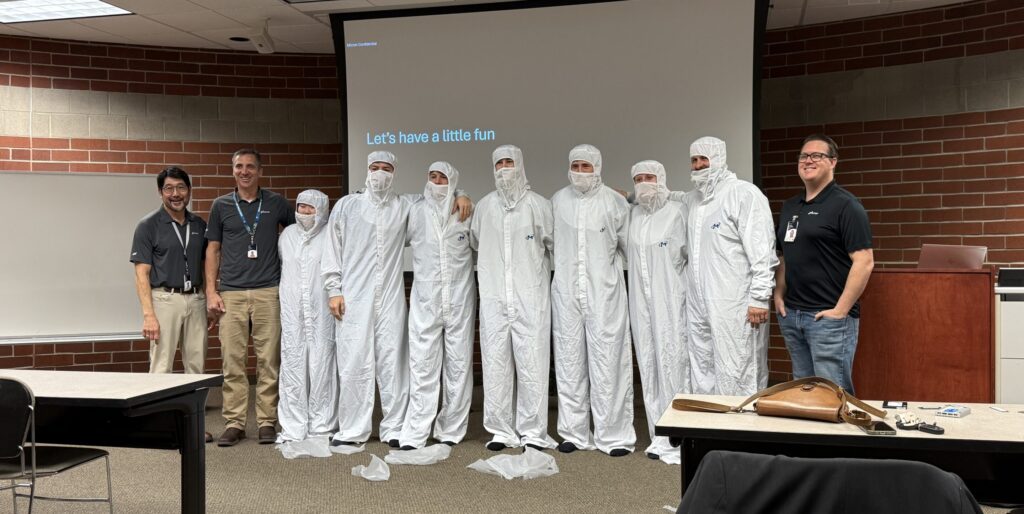By Dr. Julie Straight
One semester in college, I earned an A-minus in private organ lessons. That minus annoyed me: I practiced my required hours and did what I was told to do. But I’d hit a stage at which I wasn’t told what to do on a crucial point: namely, how to set the stops for a piece. I had to choose for myself: Viole or flute? Trumpet or krummhorn? I balked. Hence the minus.
Despite their predictable chafing for freedom—the freedom to make choices—students often get stuck at the same place I did. They don’t actually want to make choices; they want someone else to make choices for them. This creates an obvious problem for discerning, let alone responding to, a vocation. In this post I will suggest some common reasons that we reject freedom of choice as well as some theological and practical means for overcoming these obstacles to embrace that freedom, making vocation possible.
Choice gives us dignity. Philosopher Erich Fromm argues that in the process of evolution, we rose from animal to human when we no longer acted merely from instinct but started making decisions. Similarly, nineteenth-century critic John Ruskin sets choice-making work higher than other work, associating choice with being a “man” and the lack of it with slavery.
However, Fromm notes, as we develop into fully human beings, and as we shift culturally from collective identities to individual identities, we develop a growing sense of our separateness from each other, often creating significant anxiety. Leaving behind the unity and identity we found in our group roles, “growing individuation means growing isolation, insecurity, and thereby growing doubt concerning one’s own role in the universe, the meaning of one’s life.” If I’m making my own decisions, then that asserts my own identity as separate from others’ identities, and if I’m not defined by my group, then I need to find who I am in some other way. This is hard work.
Each of our students goes through processes much like those that Fromm describes in evolutionary and historical terms. Before coming to college, they knew who they were as defined by their family, their church, their sports team. But away from family and other familiar contexts, they have to figure out their place in the world in a new way. It may be simpler to avoid the anxiety of separateness by letting a parent decide their major, or by continuing an activity from high school rather than exploring that niggling interest in something new. While there’s nothing wrong with listening to family or continuing a satisfying hobby—healthy people do find identity in their connections with others—“default” is not necessarily the best way to find an authentic call.
Freedom of choice also means the freedom to make mistakes, and we don’t like making mistakes. Mistakes can lead to criticism, which raises questions about our competence, our goodness, and our worthiness of love, as Douglas Stone and Sheila Heen observe—questions far too raw already in young adulthood. In a well-meaning attempt to save us from errors, our various authorities may prescribe our behavior so closely that we have little room for judgment and therefore for error. Ruskin, describing different forms of architecture, comments that the Greeks’ intolerance of “the appearance of imperfection in anything” permitted only “servile ornament”—simple patterns that even the least skilled workmen could execute with uniformity. Be told what to do and do it. Play the right notes and be done. Leave yourself out of it. As Fromm might put it, get rid of the burden of the individual self altogether.
The school of servile ornament is not so far from our own: it aims for an excellent product, for success. We want success for our students, success on terms that they can understand and thus attribute back to us. In trying to set my students up for success, I find my methods creeping toward those of the servile school, too. To prevent frustration—students’ and mine—I provide increasingly prescriptive assignments: write these paragraphs in this order. Use this template for your topic sentence. But even though templates have their place and narrowing our pedagogical goals for an assignment may be realistic, too much prescription does not serve our students well. Choice-making muscles need conditioning early and often, as Adele Faber and Elaine Mazlish argue, and students may need to flounder with ambiguity in first-year writing—finding topics or mapping arguments—before they can choose majors or professions.
To fully avoid mistakes, we would need to live without making decisions at all. Informed by Fromm and by his philosophical forebear, Dostoyevsky, Madeleine L’Engle portrays what this might look like in A Wrinkle in Time: The disembodied brain IT controls every mind on the planet Camazotz, such that girls jump rope, boys bounce balls, and women call children in for dinner in perfect synchrony. IT invites the story’s protagonists from Earth, Meg, Charles Wallace, and Calvin, to join them:
“For you, as well as for the rest of all the happy, useful people on this planet, I [. . .] am willing to assume all the pain, all the responsibility, all the burdens of thought and decision [. . .]. I am peace and utter rest. I am freedom from all responsibility. To come in to me is the last difficult decision you need ever make.”
Peace and rest. Who wouldn’t want that? On reading this passage, a student in my children’s literature class said, “IT sounds like Jesus.”
Actually, no. In fact, I think that this student had just exposed our deepest reason for rejecting choice: we misunderstand the character of God. Yes, Matthew 11:28 promises rest, and a long Christian tradition emphasizes submitting our wills to the divine will, but submission is neither freedom from responsibility nor the end of decisions. Responsibility is the ability to respond, as Fromm and L’Engle both remind us, and to relinquish responsibility would be to lose the ability to love, to respond voluntarily to others’ needs. Therefore Jesus, coming in love and wanting our love, insists on our freedom, whether we want it or not. As L’Engle says in her reflection on the Incarnation, Bright Evening Star, “Love is giving power away. Power in the sense of control.”
However, this does not mean that God abandons us. As we give students choices, we need to be present with them, too, in whatever times and ways we can: having them start a paper in class where we’re available to help, or offering a course in which they consider their liberal arts degree’s transferable skills for the job market. God does not abandon us but shares responsibility with us, such that “all things work together for good to them that love God, to them who are the called according to his purpose,” as L’Engle quotes in Wrinkle. God gives us real choices between paths and is delighted to see us take one and run. In what L’Engle calls a “magnificent paradox,” we do not have to choose between exercising our free will and cooperating with God’s plan. Making choices is the process by which we listen for God’s voice, and in that, no path will ultimately be disastrous, for the voice that calls will always lead us back to the caller.
*This post is reposted with the permission of Vocation Matters from the blog post of the same title by Julie Straight, NNU Professor of English, on vocationmatters.org. Read more of Dr. Straight’s posts and posts by other undergraduate educators at Vocation Matters: Insights and Conversations from the Network for Vocation in Undergraduate Education (NetVUE).








